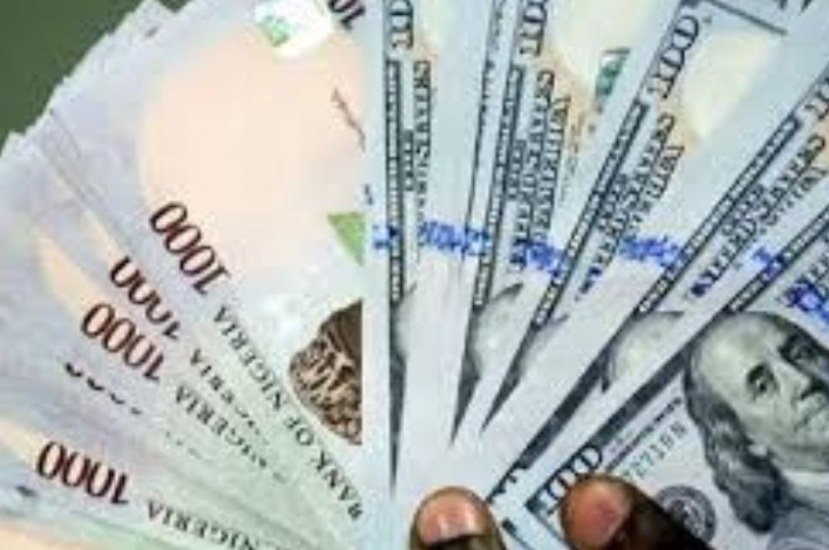In a move to stabilize the foreign exchange market, the Central Bank of Nigeria (CBN) announced another round of dollar sales to Bureau De Change (BDC) operators. According to a circular released on its website today, the CBN will sell $10,000 to each BDC at the discounted rate of N1,101 per dollar.
This is the latest measure taken by the CBN to address currency fluctuations. The apex bank also directed BDCs to maintain a maximum spread of 1.5% above the CBN rate when selling dollars to their customers. This translates to a ceiling price of N1,117 per dollar for BDCs.
The CBN’s intervention comes amidst concerns over declining external reserves and recent pressure on the naira. It remains to be seen how this latest measure will impact the availability and stability of foreign exchange in Nigeria.
20 ways that CBN can stabilize the exchange rate
To stabilize the exchange rate, the Central Bank of Nigeria (CBN) can employ a variety of strategies. These strategies are aimed at managing volatility and maintaining a balance between demand and supply in the foreign exchange market. Here are 20 ways the CBN can achieve this:
- Intervention in the Foreign Exchange Market: The CBN can buy or sell foreign currency to influence exchange rates directly.
- Interest Rate Adjustments: Altering interest rates can influence capital inflows and outflows, affecting the exchange rate.
- Monetary Policy Tweaks: Adjusting the money supply can influence inflation and exchange rates.
- Foreign Reserve Management: Using foreign reserves to intervene in the foreign exchange market can stabilize the exchange rate.
- Moral Suasion: Encouraging banks and financial institutions to support policy goals without direct orders.
- Exchange Rate Policies: Adopting a fixed, floating, or pegged exchange rate policy suitable for the economy.
- Capital Controls: Implementing controls on capital flows can reduce excessive volatility in the exchange rate.
- Inflation Control: Keeping inflation low and stable makes the currency more attractive to foreign investors.
- Promoting Exports: Encouraging exports can increase foreign currency inflows, strengthening the local currency.
- Reducing Dependency on Imports: Lowering import dependency can reduce the outflow of foreign currency.
- Encouraging Foreign Investment: Implementing policies that make the country more attractive to foreign investors can increase currency demand.
- Stabilization Funds: Creating funds to be used specifically for stabilizing the exchange rate during volatile periods.
- Currency Swap Agreements: Entering into agreements with other central banks to swap currencies can provide additional liquidity.
- Improving Economic Fundamentals: Enhancing the overall economic environment can build investor confidence and stabilize the exchange rate.
- Public Communication: Clearly communicating monetary policy and objectives can help manage market expectations.
- Regulatory Measures: Implementing regulatory measures to prevent market manipulation and speculation.
- Debt Management: Efficiently managing both domestic and foreign debt can enhance economic stability.
- Enhancing Financial Infrastructure: Developing a robust financial infrastructure can improve market efficiency and attract foreign investment.
- Collaboration with Other Countries: Working with other countries on policies that promote exchange rate stability.
- Review and Adjust Policies Regularly: Continuously monitoring the economy and adjusting policies as needed to adapt to changing conditions.
These strategies, often used in combination, can help the CBN stabilize the exchange rate, ensuring economic stability and growth.






